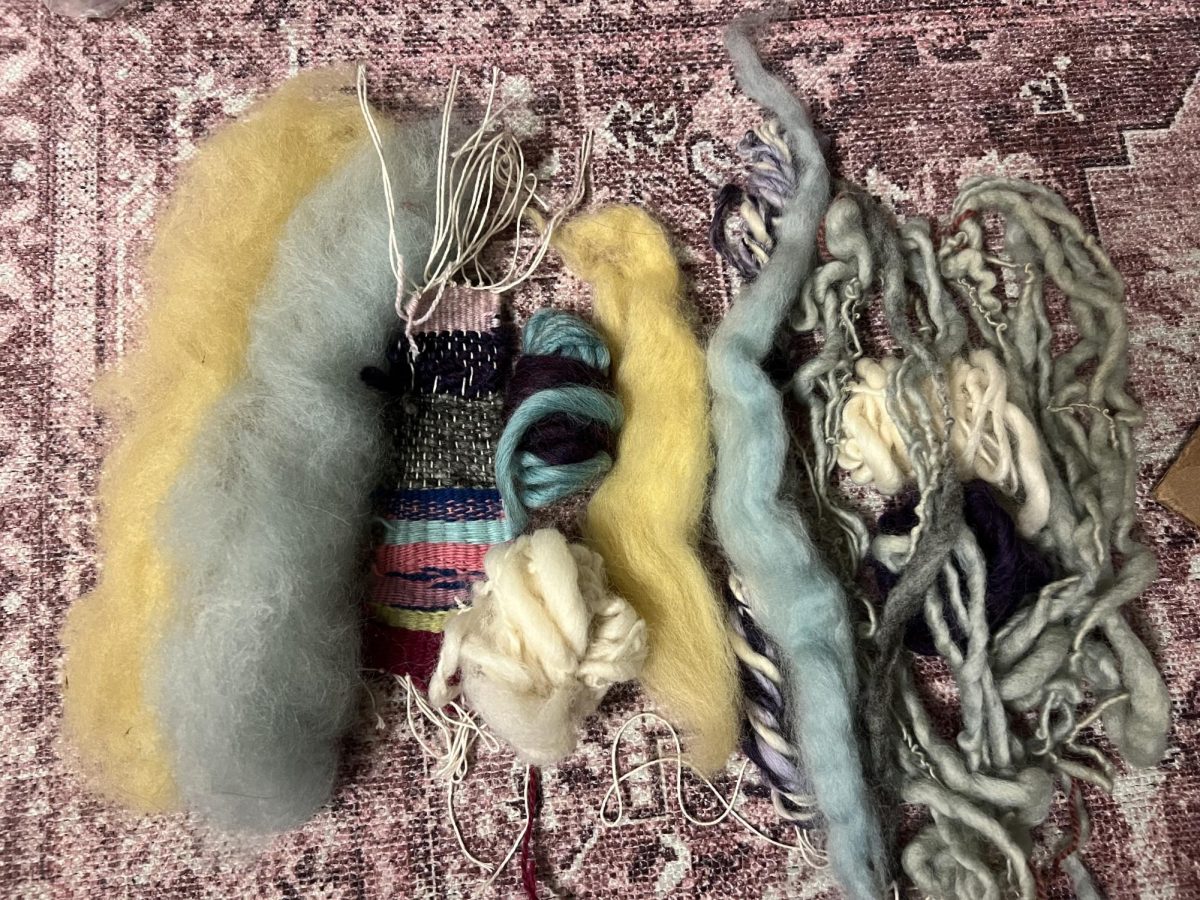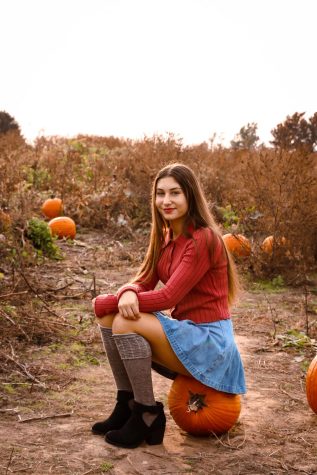When a university offers a slim selection of fine arts, take as many courses offered as possible. This self-made motto has inspired my course registration year after year as I grow more into a creative artist. I decided to be bold this semester and enroll in a weaving class offered by the Classical Studies Department. The course, Ancient and Modern Fiber Arts, blends exquisitely with my other courses in classical studies.
Within the course’s 7-week timeframe, the students learned the intricate process of spinning raw wool by hand and weaving fabric using a loom. So far, the course has humbled me; my respect for textile workers and their expertise in manual labor has grown.
In conjunction with studying the fiber arts in Homeric tradition, we visited the Cleveland Art Museum, selecting our favorite fiber art pieces from antiquity to modern day. This project required the class to describe the material, design and weaving technique of each piece based on our class lectures and readings. Two weeks later, our study was taken to a workshop to put our skills into practice.
On Feb. 10, the class traveled off-campus to Praxis Fiber Workshop located in Euclid to dye our hand-spun wool. Using both natural and synthetic ingredients, we soaked our bundles of yarn in vats of warm marigold and fresh indigo. We learned about the intensive process of growing Japanese indigo in Northeast Ohio, a climate much colder than its natural habitat.
Not only did I return to campus smelling like the aroma of the earthy indigo mixed with wet sheep, but I felt pleasantly enlightened with a newfound awareness of textile production and the history of indigo, which I learned was a coveted cash crop from Africa and Asia. Indigo was cherished for its uniquely dark natural pigment, so much so that it was referred to as “blue gold.”
While I never expected to learn about the history of indigo in America, I feel a desire to learn more about natural textile production. From growing indigo in a greenhouse to naturally dyeing fabric to spinning on a wheel and weaving on a master loom, Praxis Fiber Workshop offers just about every step of the textile process. Our final project for the course depends on our creativity to weave a couple samples using our dyed wool and several weaving techniques and designs of our choice.
The course is halfway done and I already see myself continuing this invaluable craft. I am amazed at the breathtaking world of fiber arts. While spinning and weaving were skills that I never knew I needed, I fondly accept its presence in my life and in the world.



